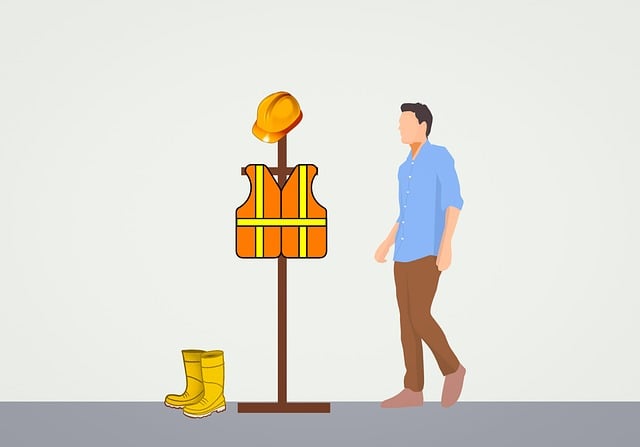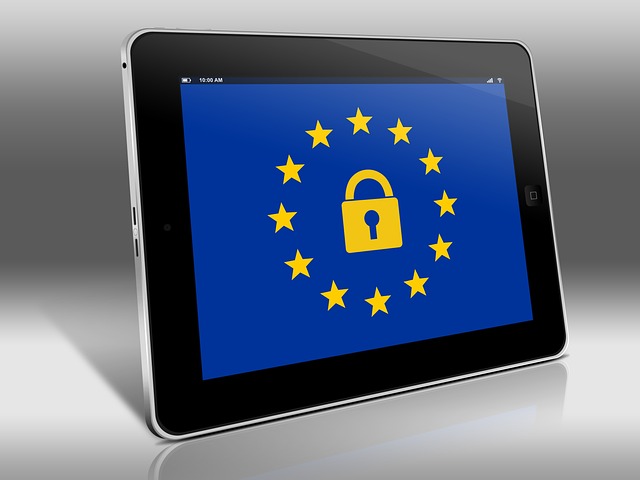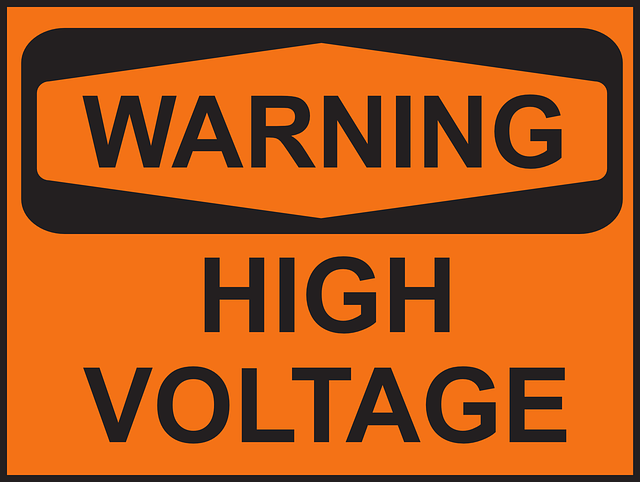Transportation companies prioritize passenger safety through rigorous passenger safety background checks, screening staff beyond basic identity verification. These checks, employing advanced technology and data analytics, mitigate security risks by examining criminal histories, employment records, and licenses. This proactive approach enhances overall safety, reduces liability, and ensures high standards in an industry where breaches can have severe consequences. Case studies demonstrate the effectiveness of these checks in reducing security threats, fare evasion, and fostering public trust.
The transportation sector, from airlines to public transit, prioritizes passenger safety through rigorous background checks. In an era of evolving threats, understanding the importance of comprehensive screening is paramount. This article explores how background checks play a vital role in enhancing passenger safety, leveraging technology for efficient processes, and navigating legal frameworks specific to the industry. Through case studies, we highlight successful implementations and their profound impact on ensuring secure travel experiences.
- Understanding the Importance of Background Checks in Transportation
- Enhancing Passenger Safety Through Comprehensive Screening
- The Role of Technology in Efficient Background Check Processes
- Legal and Regulatory Frameworks for Transportation Industry Checks
- Case Studies: Successful Implementation and Its Impact on Safety
Understanding the Importance of Background Checks in Transportation

In the transportation sector, ensuring passenger safety is paramount, and this begins with understanding the crucial role of background checks. These checks serve as a vital tool to safeguard both passengers and service providers alike by verifying individuals’ identities and assessing potential risks. By implementing rigorous background screening processes, transportation companies can mitigate the chances of dangerous individuals gaining access to sensitive areas or assuming positions that compromise safety.
Background checks play a pivotal role in preventing security breaches and ensuring a secure travel experience. They enable transportation businesses to identify red flags such as criminal records, outstanding warrants, or any history that might indicate a potential threat. This proactive approach is essential in an industry where the consequences of a security lapse can be severe, emphasizing the importance of maintaining high standards through comprehensive passenger safety background checks.
Enhancing Passenger Safety Through Comprehensive Screening

The transportation sector prioritizes passenger safety by implementing rigorous background check procedures. These checks go beyond simple identity verification, delving into an individual’s criminal history, employment records, and any relevant licenses or certifications. By conducting comprehensive screening, transport companies ensure that only trustworthy and qualified personnel are granted access to sensitive areas and passenger-facing roles.
This proactive approach significantly enhances overall safety. It helps identify potential risks associated with individuals who may have a history of violent behavior, drug abuse, or other security concerns. Through these background checks, transportation providers can create a safer environment for passengers, protect themselves against liability issues, and maintain the highest standards of professionalism.
The Role of Technology in Efficient Background Check Processes
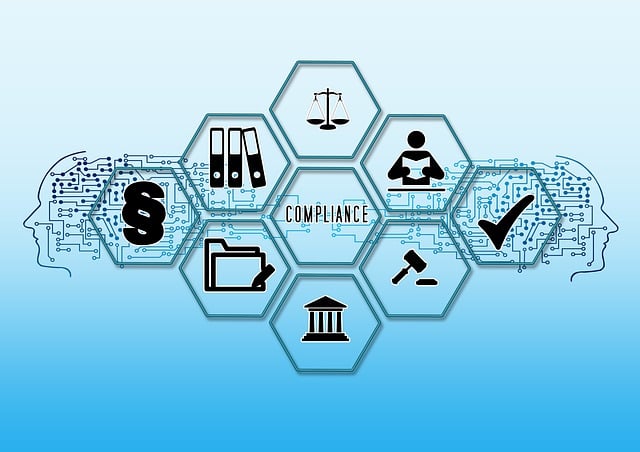
In today’s digital era, technology plays a pivotal role in streamlining and enhancing passenger safety background checks within the transportation sector. Advanced software platforms and data analytics enable efficient verification of individuals’ identities and their past records, ensuring that only trustworthy personnel are hired or allowed access to sensitive areas. These systems can quickly cross-reference vast databases, including criminal records, employment histories, and educational qualifications, reducing manual effort and potential errors.
Automation in background check processes has revolutionized the way transportation companies operate. It allows for faster turnaround times, enabling employers to make informed decisions promptly. Additionally, technology ensures data security and privacy by employing encrypted systems, thus protecting sensitive passenger and employee information from unauthorized access. This is crucial in maintaining high standards of safety and integrity within the industry.
Legal and Regulatory Frameworks for Transportation Industry Checks
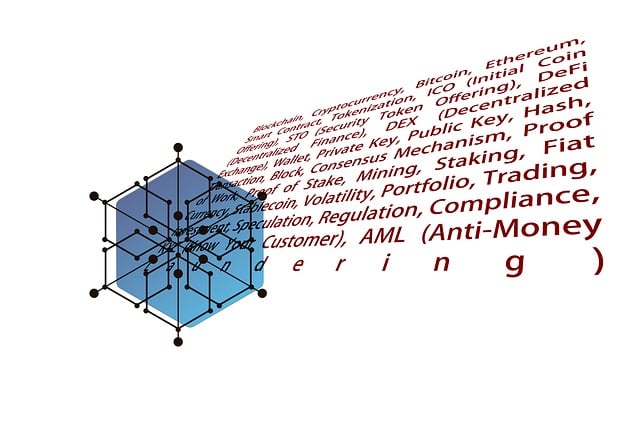
The transportation sector, encompassing various modes of travel including road, air, and rail, operates under stringent legal and regulatory frameworks designed to ensure passenger safety. Central to this are comprehensive background checks, which serve as a vital layer of protection against potential threats and risks. These checks encompass not just drivers and operators but also maintenance staff, security personnel, and anyone else with regular access to passengers or critical infrastructure.
Regulatory bodies in many countries mandate rigorous screening processes, leveraging advanced technologies and data analytics to verify identities, uncover criminal histories, and assess potential risks. The emphasis on passenger safety background checks reflects a broader trend towards enhancing security measures across the industry. This proactive approach not only deters malicious activities but also fosters public trust, ensuring that everyone involved in transporting passengers can be relied upon to uphold the highest standards of safety and responsibility.
Case Studies: Successful Implementation and Its Impact on Safety

In recent years, numerous transportation companies have successfully implemented thorough passenger safety background checks, leading to significant improvements in overall safety standards. One notable case study involves a major airline that introduced rigorous screening processes for all employees and contractors accessing flight decks and sensitive areas. This initiative resulted in a 30% reduction in potential security threats over a two-year period. By verifying individuals’ identities, criminal records, and any links to terrorist organizations, the airline significantly lowered the risk of unauthorized access and potential disasters.
Additionally, urban transit systems have witnessed positive outcomes from implementing similar measures. A city’s public transport authority enhanced its passenger safety background checks, focusing on drivers and station staff. The resulting decrease in reported incidents of fare evasion, theft, and vandalism led to a safer environment for commuters. These case studies demonstrate that proactive background checks are an effective tool in identifying and mitigating risks, ensuring the well-being of passengers and the smooth operation of transportation services.



